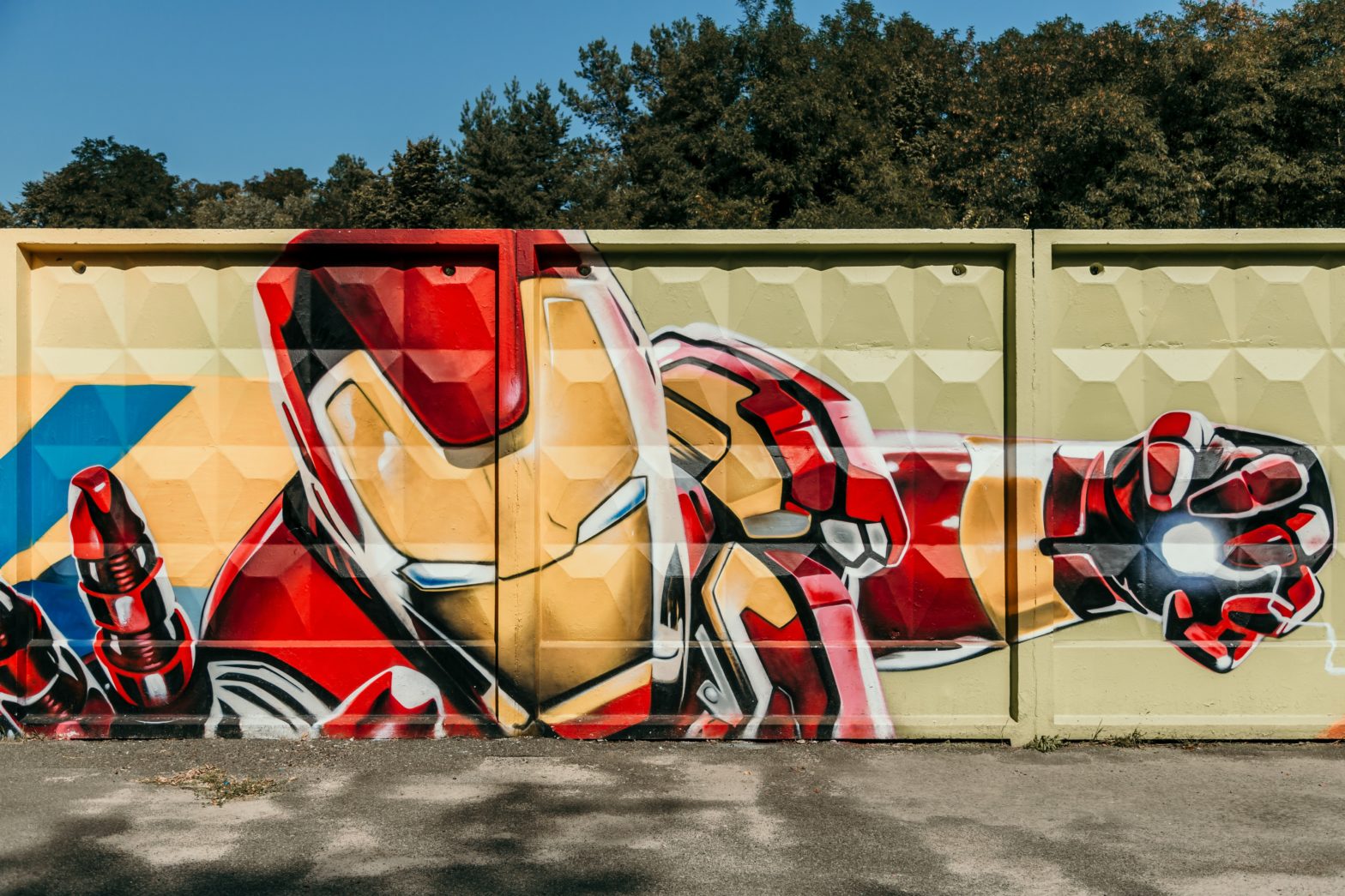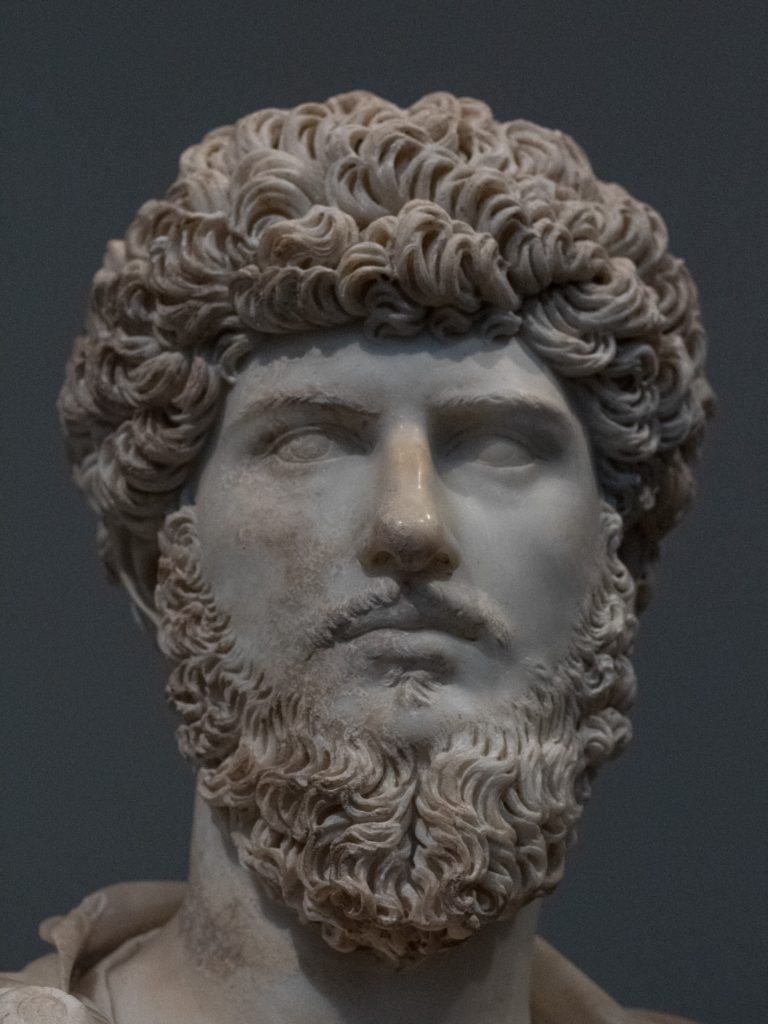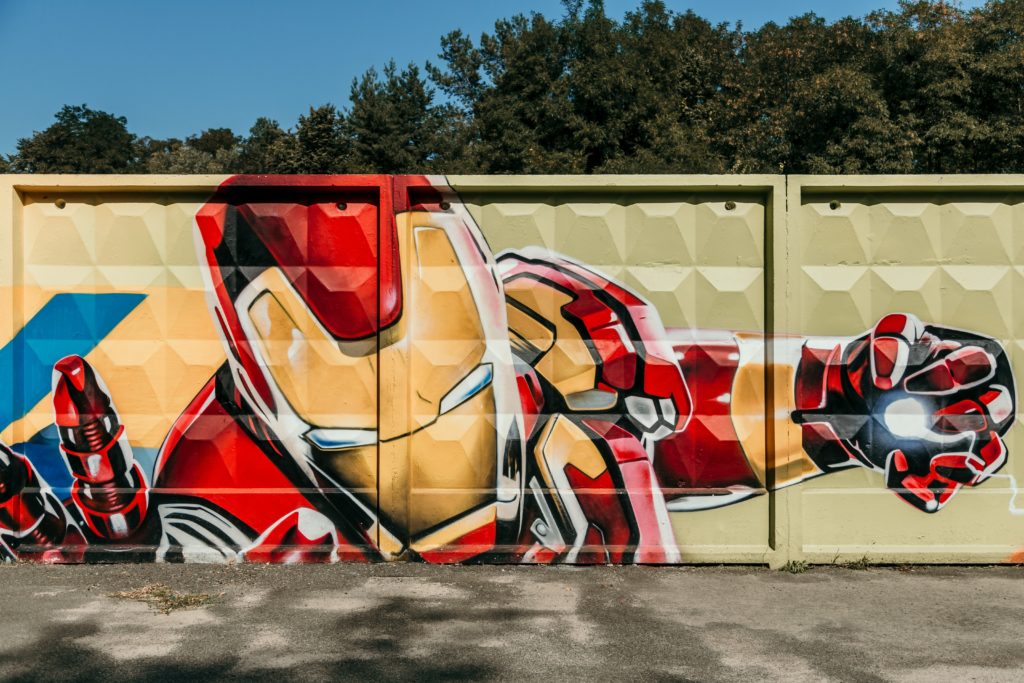Last week our blog featured storytelling and the ways that this helps create understanding between diverse peoples. A central aspect of these stories is the heroes that are featured in them.
What do you think of when you think of a hero? I tend to think of the countless Marvel movies that were released since I was a kid, such as Iron Man, Captain America, Spiderman, the Hulk, and so many more. Yet, heroes are a reflection of culture, so mythology, beliefs, definitions of what it means to be a hero differ throughout history.
To show how stories reflect culture, let’s look at the characteristics of Greek heroes and what our American culture seems to values in a hero.
Greek Heroes:
- Unusual conception or birth – Oftentimes heroes have one mortal parent and one immortal parent. Zeus fathered many heroes with mortals.
- Performs amazing feats at a young age – This allows the heroes to prove that they are destined for greatness.
- Favored by the gods – Heroes are the offspring of gods, so they usually find favor with gods in order to bestow on them favor or gifts.
- Travel to the Underworld – Even though heroes are mortal, they often had to travel to the Underworld on their quests to confront death.
- Hero’s Quest – Heroes oftentimes defeated monsters, evil kings, or righted wrongs to make the world a better place. These feats earned them recognition since it was a heroes’ goal to be immortalized.
- Suffering and Ignoble Death – Heroes in Greek Mythology have gifts from their parentage and their patron god or goddess, but they also have flaws that often result in their deaths.
Heroes in American culture:
- Selflessness – Serving people who are in need voluntarily without the expectation of reward or external gain.
- Bravery – Heroes are not afraid to face their fear for the common food. Heroes tend to run towards problems instead of away from them.
- Moral integrity – A strong moral compass is important for heroes, while they may mess up their moral compass tends to help them do the right thing in the end.
- Confidence – Heroes oftentimes are charming and able to gain the trust of others by keeping their cool in tricky situations and being able to lead well.
- Skills and Strengths – A hero has the right training or has been given the physical ability to make them capable of helping others. These skills and strengths can come from a variety of sources, but it helps them serve the people.
One of the biggest differences that stands out to me between Greek Mythology and our modern idea of a hero is the fact that a hero does not have to be born of a certain parent and their gifts may come later in life. In contrast, Greek heroes were born of gods or goddesses that gave them gifts from birth and these gifts were visible earn in their lives.
Another difference is the character of the heroes. Our American culture values bravery, selflessness, and confidence, but Greek Mythology often had heroes who were most recognized for their ability to prevail in battle or in their quest. Therefore, American heroes are most recognized for doing the “right thing”, while Greek heroes were recognized for prevailing in battles.
Reading about a culture’s mythology provides a lot of insight into their beliefs and ideas about the world. The actions and characteristics are one way that a culture’s values are reflected, but the plots and themes of the stories also allow readers to learn about others. This is one reason it’s important to read stories from different backgrounds. Gaining knowledge about others, from past or present, can help us shed light on and even push against our own stories, heroes, and values.




